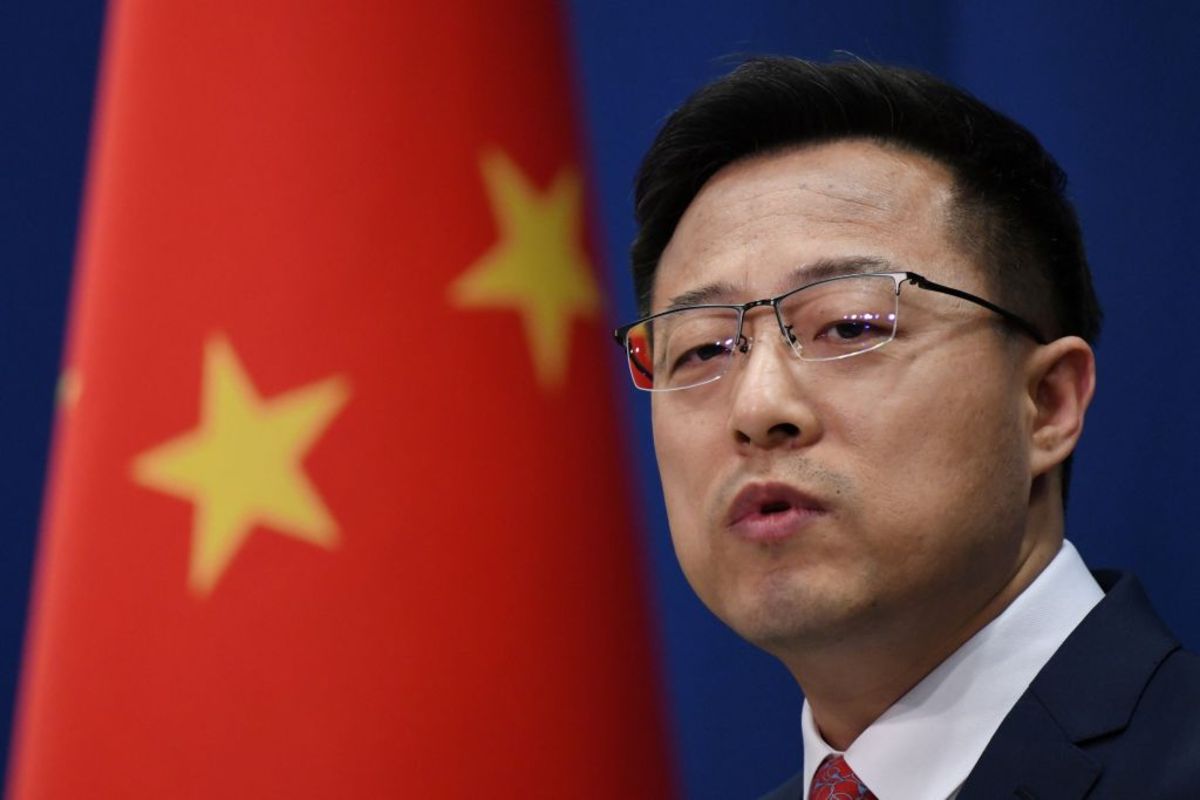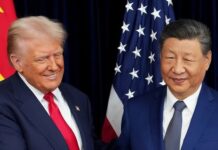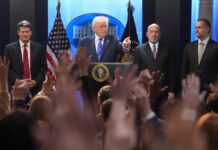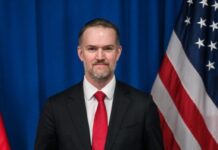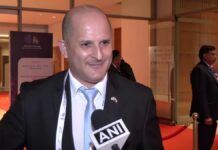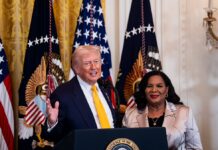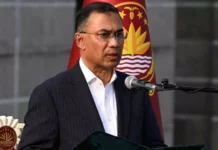HONG KONG: American diplomats will have to obtain approval from Beijing’s Foreign Ministry then only they will be allowed to meet with the Hong Kong government officials or personnel from the city’s educational institutions and societies, the South China Morning Post (SCMP) reported.
The SCMP reported that the new rule is a retaliatory measure put in place by Beijing against Washington’s earlier decision to limit the movement of Chinese envoys in the US.
Felix Chung Kwok-pan, leader of the pro-business Liberal Party, was told by Beijing’s foreign affairs arm in Hong Kong two weeks ago that it was not an appropriate time for him to meet the US’ top envoy to Hong Kong, who had sought a discussion with him.
“The Office of the Chinese Foreign Ministry Commissioner in Hong Kong told me the US consulate general in Hong Kong has to inform them before meeting members of Hong Kong’s political parties,” he told the Post.
An internal document stated that “the US consul general in Hong Kong, his successors, or any personnel working on his behalf, must first obtain approval from the Office of the Chinese Foreign Ministry Commissioner in Hong Kong before visiting any Chinese local government facilities or meeting personnel from these institutions,” the SCMP said.
On September 3, US Secretary of State Mike Pompeo announced that Chinese diplomats in the United States would need to seek permission before they could meet with local government officials or visit university campuses.
Tensions have escalated between China and the US over a slew of issues including Hong Kong and COVID-19.
Beijing had imposed the National Security Law in Hong Kong in June targeting acts of secession, subversion, terrorism and collusion with foreign forces, with punishments of up to life in prison for the most serious offences. Countries around the world including the United States have registered their protests against the implementation of the law which they say was against the will of the people of the city.
The move came after months of social upheaval triggered by opposition to a now-withdrawn extradition bill but that morphed into wider demands, including universal suffrage.
The legislation, which came into effect on July 1, punishes what Beijing terms secession, subversion, terrorism and foreign interference with punishment ranging up to a life-term in prison. (ANI)

